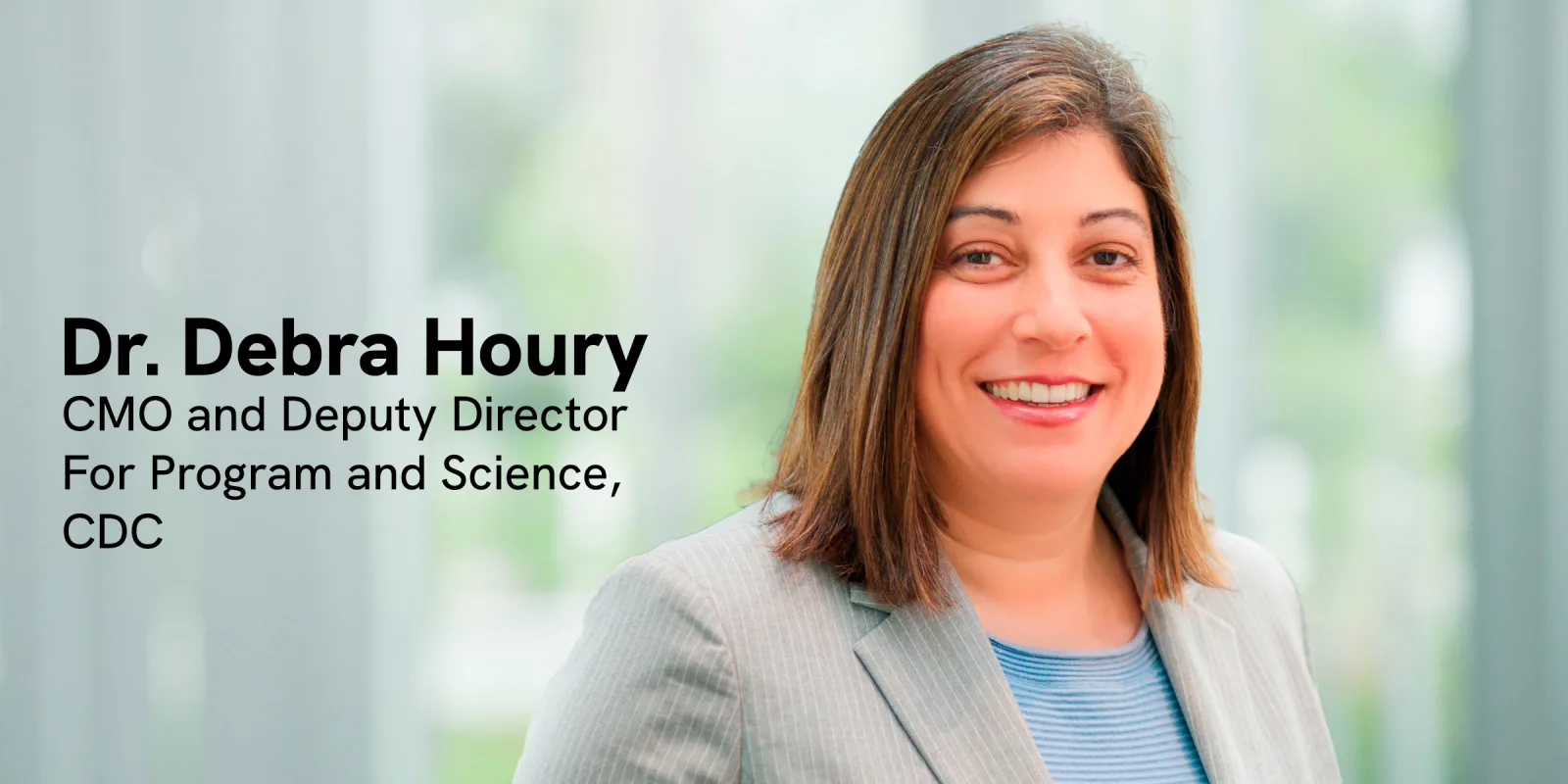I am Dr. Debra Houry, and I was recently named CDC Chief Medical Officer and Deputy Director for Program and Science at the CDC. I have experience with overseeing improvements to lab quality, updating global health strategy and governance, and elevating cross-cutting initiatives across the CDC, and the articles I’ve chosen reflect that broad experience. These are the five stories I think are necessary to remain well-versed in current health issues and the strategies to prevent them.
How We Can Improve Hepatitis C Outcomes
Too Few People Treated for Hepatitis C | Vital Signs, CDC
Why it matters: Two million adults in the U.S. with Hepatitis C will not receive timely treatment, despite Hepatitis C being curable in 95% of cases. To advance health equity and improve outcomes, we need to promote best practices and offer simplified testing and treatment. Eliminating eligibility requirements and providing treatment in places where people with Hepatitis C already receive care, such as primary care clinics, substance use treatment centers, and correctional facilities, are steps we can take.
Clinicians Can Help Prevent Firearm Violence
Why it matters: Health care professionals and health systems can play a significant role in reducing firearm-related injuries and deaths. It is important that we use effective interventions ranging from early identification and prevention of adverse childhood experiences to hospital-based interventions. This article explains how we can use trauma-informed care and other strategies to prevent firearm homicides and suicides.
How Prenatal Care Will Lead to Fewer Pregnancy-Related Deaths
Pregnancy-Related Deaths: Data from Maternal Mortality Review Committees in 36 US States, 2017–2019 | CDC
Why it matters: Nearly 700 women die each year in the U.S. as a result of pregnancy or delivery complications. American Indian, Alaska Native, and Black women are two to three times more likely to die of pregnancy-related causes than white women. The data in this report indicates that 80% of pregnancy-related deaths are preventable. Clinicians should initiate early prenatal care and continuously monitor pregnancy to prevent and treat severe pregnancy-related complications. We also need to ensure patients are educated and empowered to talk with us about urgent signs and symptoms.
The Few Simple Ways to Be a Better Leader
Leveraging Coaching and Mentoring to Create More Effective Leaders | Harvard Business Review
Why it matters: As a senior leader at the CDC during some of the greatest public health challenges, I have seen firsthand the importance of strong, adaptable leadership. Organizations’ cultures and priorities are changing — to advance our agency and public health initiatives, we must be leaders of change by investing in mentorship and trust. It is also important that we as individuals work with mentors and coaches to identify growth areas to further develop or fine tune our leadership skills. The future of public health relies on building relationships and organizations that can achieve success. This recent Harvard Business Review article offers a fresh alternative to traditional leadership.
How We Can Use COVID-19 Community Levels to Take Better Action
Science Brief: Indicators for Monitoring COVID-19 Community Levels and Making Public Health Recommendations | Science Brief, CDC
Why it matters: This CDC Science Brief discusses how COVID-19 Community Levels should inform public health decisions and is an important guiding resource for community leaders as well as health care providers and individuals. In addition to preventing illness, understanding COVID-19 Community levels and their compounding effects can preserve health care capacity for those with severe COVID-19 disease and other urgent health conditions. This can also help us help our patients understand their risk and what level of action they should take to protect against COVID-19.
Image provided by Debra Houry, MD, MPH







